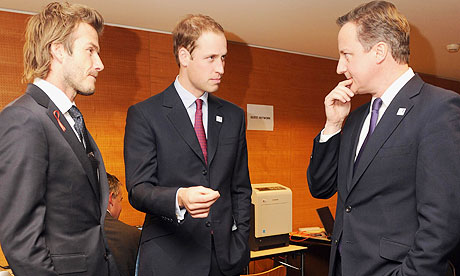[I had forgotten about this series, until
Claude reminded me-thanks!]
Makis was an intellectual. One of those you know the moment you lay eyes on them. Short, dark, with John Lennon glasses, always clutching a book. I met him when I was an undergrad, and he drifted in and out of my life and those of others (I am sure
Antonis will have something to say).
This guy had his head in the clouds. He always liked to maintain a certain high ground, intellectual, deeply thoughtful and always supposedly mildly surprised and amused by life's little real moments. I suspect that he thought that the intellectual ticket would get him laid. He did his best to impress the ladies, always quoting this poet and that, speaking with flowers and doves in a manner so detached you could be forgiven for thinking the man was ethereal. I guess that the way he wolfed down his bowl of pasta or his chicken (which you'd cooked for him) was the only thing that allowed a tiny little beam of doubt to cast some light on the mystery...
You see, Makis liked to
pretend he was an intellectual. His knowledge of poetry, philosophy, history, literature and literary criticism, sociology, politics and all things contained in the space between book covers proved to be superficial, time and time again. When probed, it turned out that he had a good encyclopaedic knowledge on which academic published with which publishers, when and where. But not what. If you asked him carefully, it turned out that he hadn't actually
read any of the things he knew about. A bit like knowing about Mount Everest-you know it's there, but the air of authenticity disappears once people realize that you have never set foot on Asia.
He was perfectly happy to eat like a true Cypriot if someone else had done the cooking. If not, he pretended to lead this intellectual life, where food interfered with reading time-so he bought himself bags of lettuce and carrots, claiming that these stimulated his mind etc. And he could talk. If talking was a sport, Makis would have been World Heavyweight Champion of Talking. Talking Crap. The best retort to him came from a very old academic one day in the foyer of our faculty. We were sitting at a bench and Makis was clutching a literary criticism book, to which the man said: "you should stop reading that and start reading literature". Spot on.
And then there was his attitude to women ("
he treats objects like women man"). You'd be standing there, having a casual chat with him, and all of a sudden he'd stop, turn his whole body and stare, following in this manner the movements of this pretty girl who'd happened to pass by. No sign of being discreet-just staring like a man who'd been in prison for 40 years, to the point it was embarrassing to be with him in public. Staring doesn't begin to describe it, I guess he was like a dog who'd just seen a 6ft tall bone walk right past him, drooling and all. Embarrassing.
The last I'd seen of him was when I was moving out of my house. We let him stay with us for a few weeks because he had no place to stay (mug? moi?). As we were waiting for a taxi to come and pick us up, he appeared, book and lettuce in hand. "Makis, give us a hand mate, will you?" And then came the immortal response: "Mate, I'm sorry but I'm an intellectual. I don't do lifting". And that was that.
He's of course nowhere near as colourful as our
Basque friend. You'd have to meet him to appreciate his full madness. I hope you don't-you'll be stuck there all day, and life's just too short.





